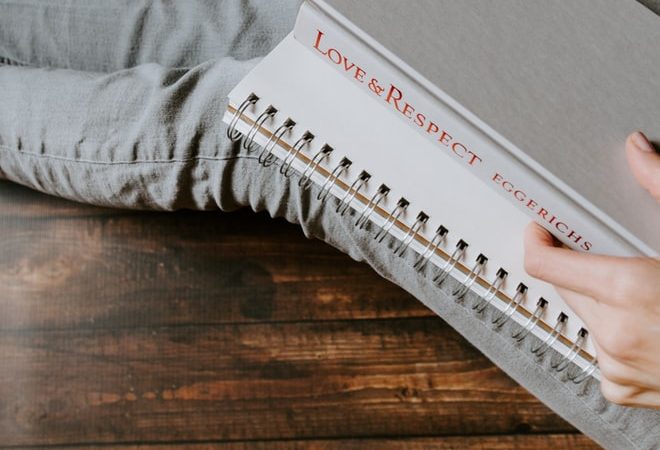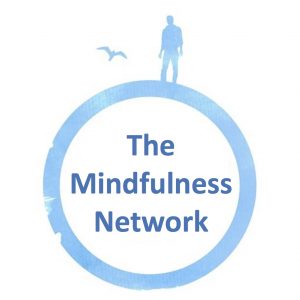
– written by Rosalie Dores
This blog post was originally posted on 5 February 2018 and has been edited and updated in June 2022
All real living is meeting…
(Martin Buber, 1958)
We live in relentlessly changing and challenging times. How do we stay resourced, resilient and adaptable? The pandemic and the wars raging in Ukraine, Yemen and elsewhere are all fundamentally a breakdown in relationship. Yet, we exist within a web of relationships. We experienced this most vividly during the pandemic, when Covid 19 disrupted our social relationships and ‘supply chains’ became a part of our vocabulary. We depend on healthy relationships, where the lines of communication are open and reciprocal. This is key to the health of the planet, to relations within the international community, to the social fabric of our society, within our public and private relationships. Our relationships need care and attention and mindfulness can be invaluable in this. It starts with you, and me, engaging in the practice of cultivating rich, sustaining, honest relationships. Relationships that can weather the inevitable ups and downs of life without becoming fractured, falling apart and leading to conflict. Insight Dialogue practice can be an invaluable support in this.
I first encountered Insight Dialogue (ID) in 2006 and experienced a quickening of my practice. The heightened levels of attunement, sensitivity, empathy and insight, available through the practice, continued beyond the retreat and into my wider life. Engaging with ID in an ongoing way has contributed tremendously to a greater capacity for grounded and steady presence in my teaching, and my relationships in general.
To be is to be in relationship. Our potential for relational depth and intimacy is equal to the potential for isolation, stress and suffering. At times, our solitary meditation practice can feel like a welcome refuge from the complexity and challenge of our relational lives. At other times we are in solitude, yet in relationship with others, re-hashing conversations, moments of connection and disconnection, in our minds. Relationships are central to our lives whether we are with people or not.
Mindfulness-based interventions are inherently relational. This is true whether we are teaching a group, or within a one-to-one context. The core curriculum elements of each session (e.g., guided meditation practices, enquiry, didactic elements, poetry) are framed within dialogic encounters between teacher-group, and teacher-individual participants. The Mindfulness-based Interventions: Teacher Assessment Criteria, (MBI:TAC) includes Relational skills as an important domain for assessment in determining a teacher’s competency. Qualities such as authenticity and potency, connection and attunement, compassion and warmth are described as desirable characteristics in the person of the mindfulness teacher. In ID practice, we have an opportunity to train, develop and hone these qualities within a relational meditation practice.
In ID practice, we extend the potential for calm, concentration and insight – all central to the sphere of silent meditation – into the interpersonal. As in mindfulness-based approaches, we are not adding anything to ourselves, but more drawing forth our latent capacities. We access these capacities through dialogic encounters with others, supported by six meditative guidelines. These guidelines could be described as mechanisms for attuning awareness. We meet in dialogue together. Our sensitive human body-minds ripple with sensation in response to the presence of another. We Pause… We sense and feel, perceiving what is happening, accessing the data output of thoughts, emotions and bodily sensations. We allow our fundamental relational sensitivity to become an asset rather than a hindrance. If reactivity, born from habit, arises, we pause and know this. We Relax, receiving the experience, inviting a quality of allowing, that enlarges our capacity to be with experience, whether pleasant or unpleasant. We Open, aware of our experience internally, and externally – the presence of another, the sights, the sounds. We open to both simultaneously – to the relational field. We notice the tendency of the mind, in the face of uncertainty, habitually wanting to control the situation by moving into social conversation or reactivity. We choose to pause, to rest in presence. We wait, Attuning To Emergence, trusting the unfolding process of life and that whatever arises, can be met with kindness and interest. We Listen Deeply, with the whole body, and Speak The Truth, from here.
In ID, we consciously cultivate presence in relationships. We learn to rest in awareness, in the midst of contact with another. In this way, we recognise the choices we have about the ways in which we conduct ourselves. We can choose to reduce relational stress and reactivity by consciously responding, rather than habitually reacting. The quality of sensitivity, born from attending mindfully, to moment-to-moment embodied experience, brings into being authentic, potent and ‘kindful’ presence. We abide in not-knowing, in simple contact with ourselves and with the other.
Attending an ID retreat allows for an immersion in the practice of relational mindfulness. The intensity of the retreat experience provides an opportunity to embed skills and ways of being into an embodied knowing. Whether with intimate others, family, friends or colleagues, we can access the guidelines and relate with greater skill and kindness, when speaking and listening. This is deeply enriching both for ourselves, for our relationships, for our communities, societies and ultimately, one person at a time, our planet.
JOIN AN UPCOMING INSIGHT DIALOGUE RETREAT
When: 23 Aug 2022 – 27 Aug 2022
Where: Online Event
Tutors: Phyllis Hicks, Rosalie Dores
Book Now: https://booking.mindfulness-network.org/course-information/?id=858
 Rosalie Dores is a mindfulness-based retreat leader and supervisor for the Mindfulness Network.
Rosalie Dores is a mindfulness-based retreat leader and supervisor for the Mindfulness Network.
Rosalie’s personal website is at www.optimalliving.co.uk.




